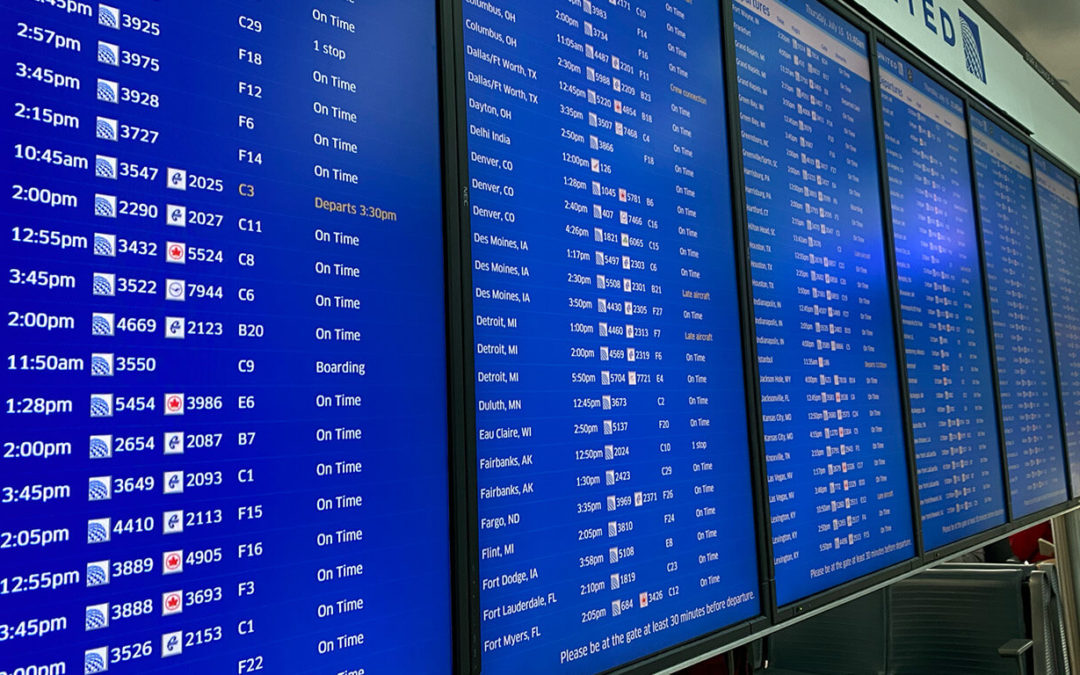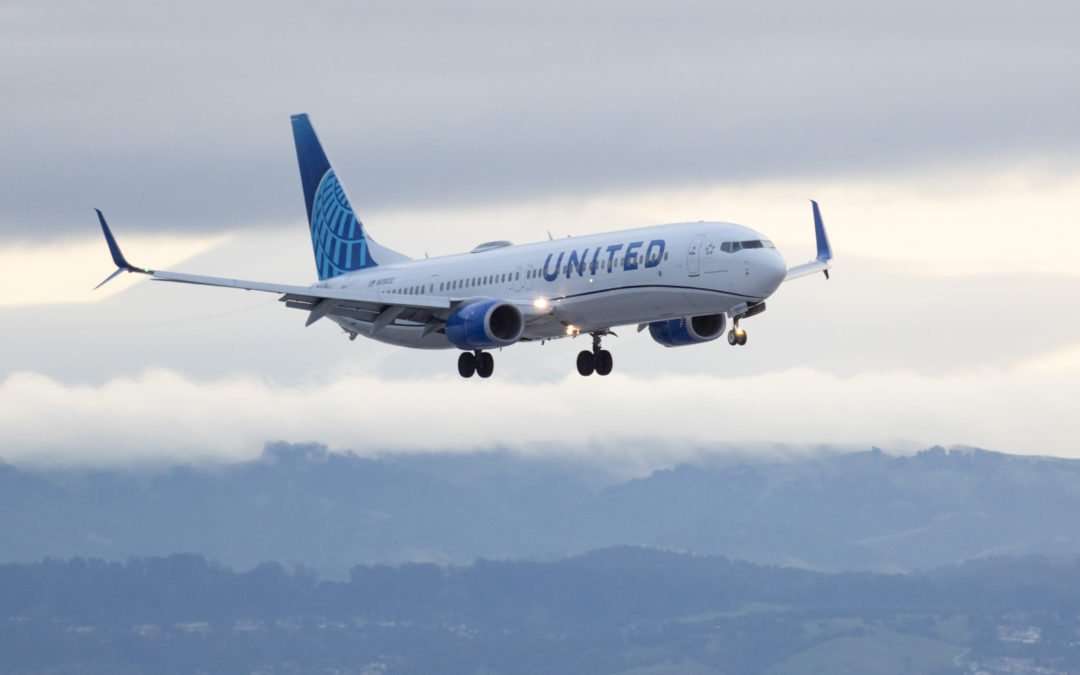
by Eric Price | Apr 20, 2023 | Front Page, MNPL, Other News, Perusals
Study: More Workers Demand Employers Pay at Least $76k to Start New Job IAM141.org April 20, 2023 The Federal Reserve Bank of New York has released the results of a survey that analyzed the experiences of individuals during their job search. The survey had a sample...

by Eric Price | Apr 20, 2023 | Front Page, MNPL, Other News, Row 2
New Bill Promises Living Wages and Benefits for Airport Workers IAM141.org April 20, 2023 Washington D.C.: A new proposed law called the “Good Jobs for Good Airports Act” aims to ensure airport service workers in the United States receive a living wage and...

by Eric Price | Apr 17, 2023 | Front Page, Organizing, Recent News, Row 2, Uncategorized, United
IAM and United Airlines Tentative Agreements Provide Immediate Benefits IAM141.org April 17, 2023 United Airlines and the International Association of Machinists and Aerospace Workers (IAM) union have reached tentative agreements covering seven separate workgroups,...

by Eric Price | Apr 13, 2023 | Front Page, Organizing, Other News, Row 2, United
30,000 Machinists Union Members at United Reach Tentative Agreement On March 29, we informed you that we reached an Agreement in Principle (AIP) with United Airlines on seven contracts covering over 29,000 IAM members at United Airlines. We’re happy to inform...

by Eric Price | Apr 4, 2023 | Front Page, Row 2, Uncategorized
Transportation Workers Gather in Las Vegas for the 2023 North American Transportation Conference IAM141.org April 4, 2023 Las Vegas, NV – On April 2, transportation workers and industry leaders convened in Las Vegas for the 2023 North American Transportation...






